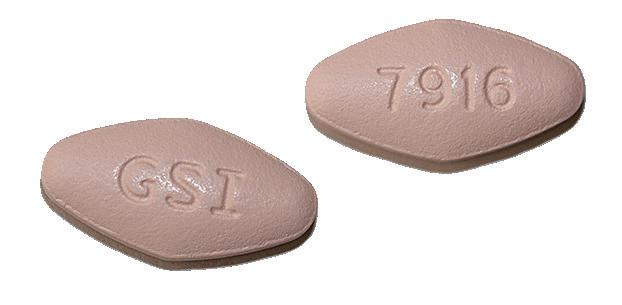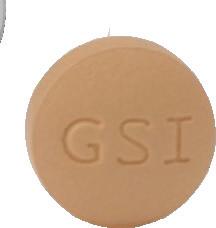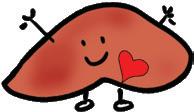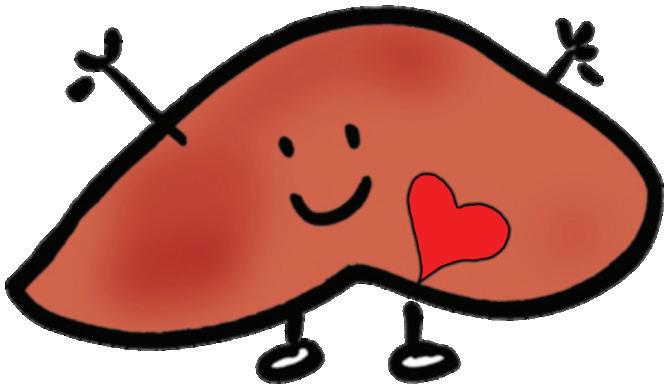

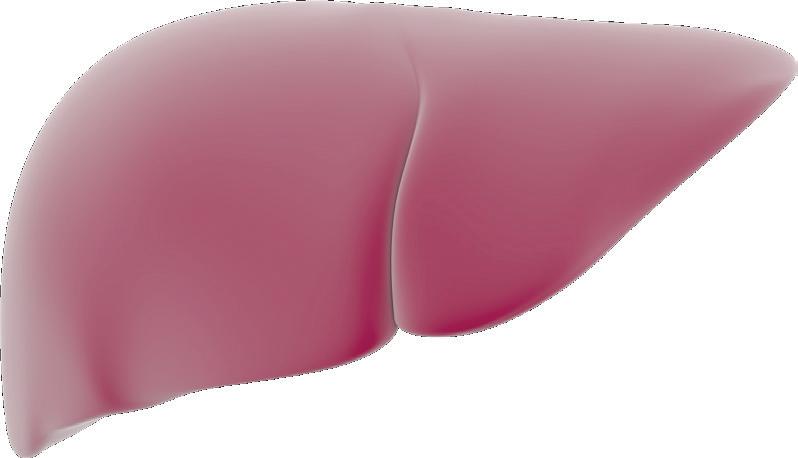
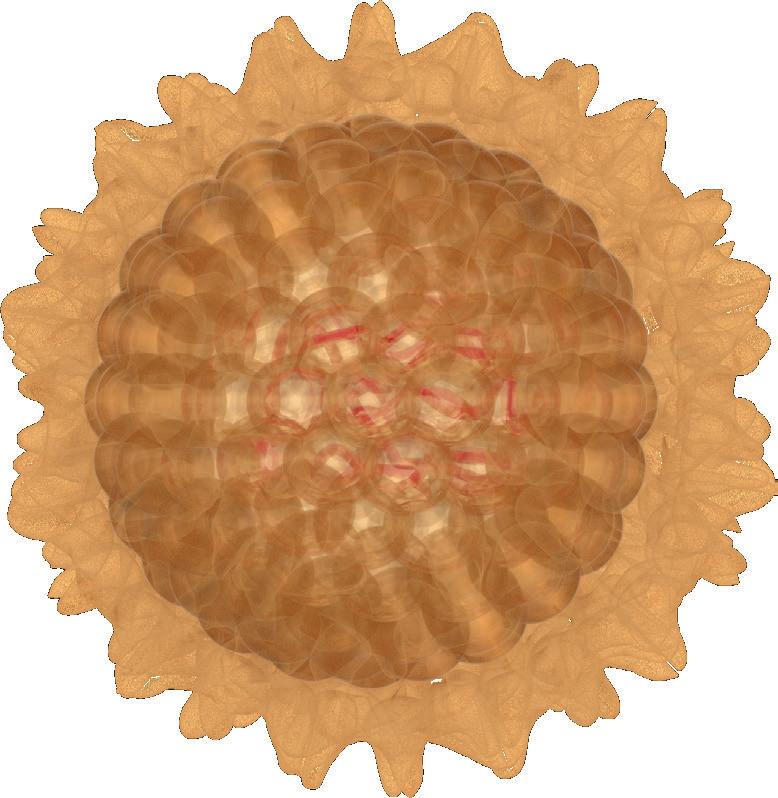





How you get hepatitis A:
• When faeces from an infected person enters the mouth of another person.
• This usually happens when you don’t wash your hands after going to the toilet and before
Info: 1
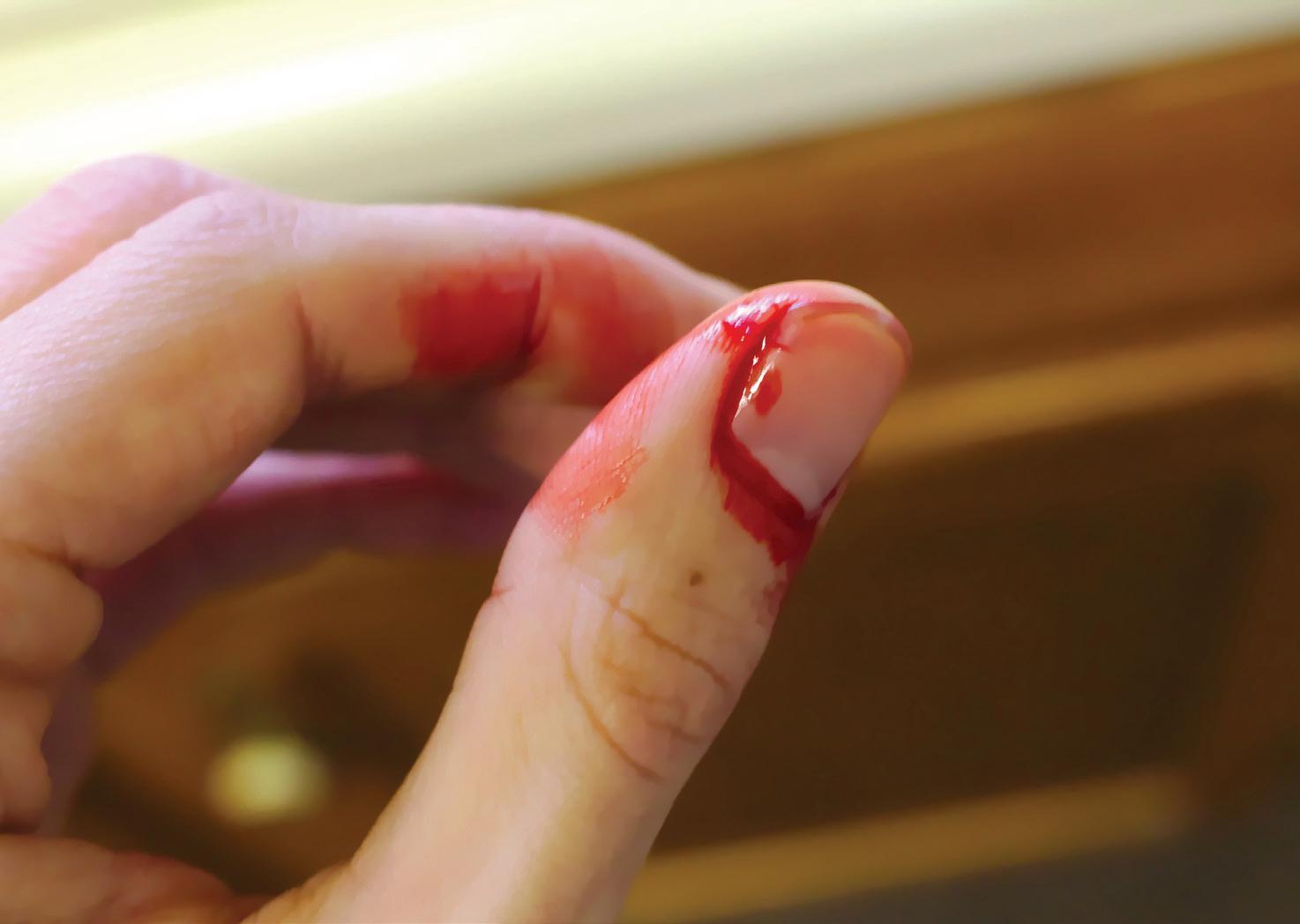
Nausea, vomitting, diarrhoea, fever, tiredness, rash, jaundice, dark brown urine, pain in liver area. Some people may not have any symptoms.
Symptoms usually go away after 2 months but may last up to 9 months. Most people recover completely.
There is no specific treatment for hepatitis A. Rest, good fluid intake and a nutritious diet may reduce symptoms. Avoid alcohol in acute stage. Go to hospital if symptoms are severe.
Once you’ve had hepatitis A you can’t get it again.
There IS a vaccination for hepatitis A.
Hepatitis A vaccination is recommended if you plan to travel to countries where health and sanitation standards are poor. Your doctor will be able to advise you. .

Symptoms include tiredness, nausea, vomitting, itching, jaundice, pain over the liver area. Many people have no symptoms.
You can find out if you have hepatitis B with a simple blood test by your doctor.
Most people who get hepatitis B in childhood will have a life-long infection. 19 out of 20 adults who get hepatitis B recover completely.
Once you’ve had hepatitis B and recovered from it you can’t get it again.
There IS a vaccination for hepatitis B.
Hepatitis B vaccination is recommended if you plan to travel to countries where hepatitis B infection rates are high.
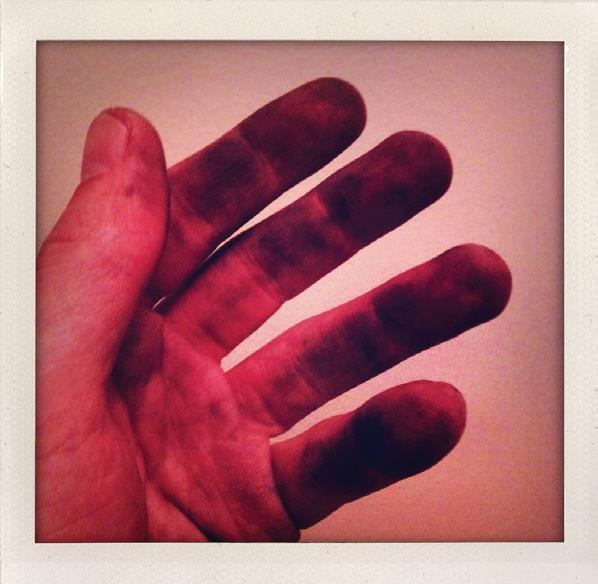




Symptoms include tiredness, nausea, vomitting, itching, jaundice, discomfort over the liver area. Many people have no symptoms.
You can find out if you have hepatitis C with a simple blood test by your doctor.
Most people who get hepatitis C will have a long-term infection.
You can be reinfected even if you have had hepatitis C before.
There IS NO vaccination for hepatitis C.
When undergoing medical, dental, cosmetic or body art procedures overseas, make sure whoever is doing it is using sterile equipment.

